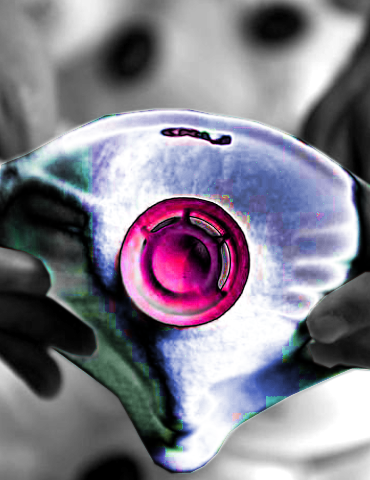Smart steps to avoid public panic
 Experts say Australia has just a small window of opportunity to avoid hitting the panic button over COVID-19.
Experts say Australia has just a small window of opportunity to avoid hitting the panic button over COVID-19.
Disaster response researcher Associate Professor Erin Smith of Edith Cowan University is calling for calm as the world edges closer to pandemic status.
“While this is scary, it’s important to remember that the virus is only causing clinically serious illness in around five per cent of those it has infected, and the 1-2 per cent of people who have died from coronavirus have generally been the elderly with co-morbid illnesses,” Professor Smith said.
“We have a unique window of opportunity at the moment to educate the public in order for them to remain alert and aware, but not alarmed.”
With misinformation spreading in parallel to the disease, Professor Smith says the public should focus on practical to feel more in control of personal preparedness.
Her recommendations include sensible stockpiling of certain items – such as medical prescriptions, non-perishable food items and bottled water. She says a two-week supply of these items is sufficient for the time being.
She says people should get in the practice of routinely washing their hands with soap and water and have a back-up hand sanitiser for when hand-washing is not practical.
“We also need to stop touching our face - which people do up to 24 times an hour – as this can also prevent diseases like coronavirus that are spread by droplets and love lurking on our hands and then entering our bodies through our eyes, nose and mouth,” Professor Smith said.
One of the most important measures in avoiding panic is to get the right information.
Reputable sources like the World Health Organization (WHO), the US Centers for Disease Control and Prevention (CDC) and Australian Health Department provide up-to-date and reliable information on the virus and help to debunk some of the common myths that are circulating about COVID-19.
Professor Smith said it was important for Australian families to start having measured discussions around how to best prepare for a pandemic.
“It is wise to think ahead about potential scenarios, such as what to do if a parent or child became sick in the family,” she said.
“People need to think through how they would cope if kindergartens, childcare centres and schools are closed down to prevent community transmission of the disease.
“If one or both of the parents is a first responder or health professional, they may be a higher risk of becoming infected through their contact with coronavirus patients, and that’s also a discussion worth having.”








 Print
Print